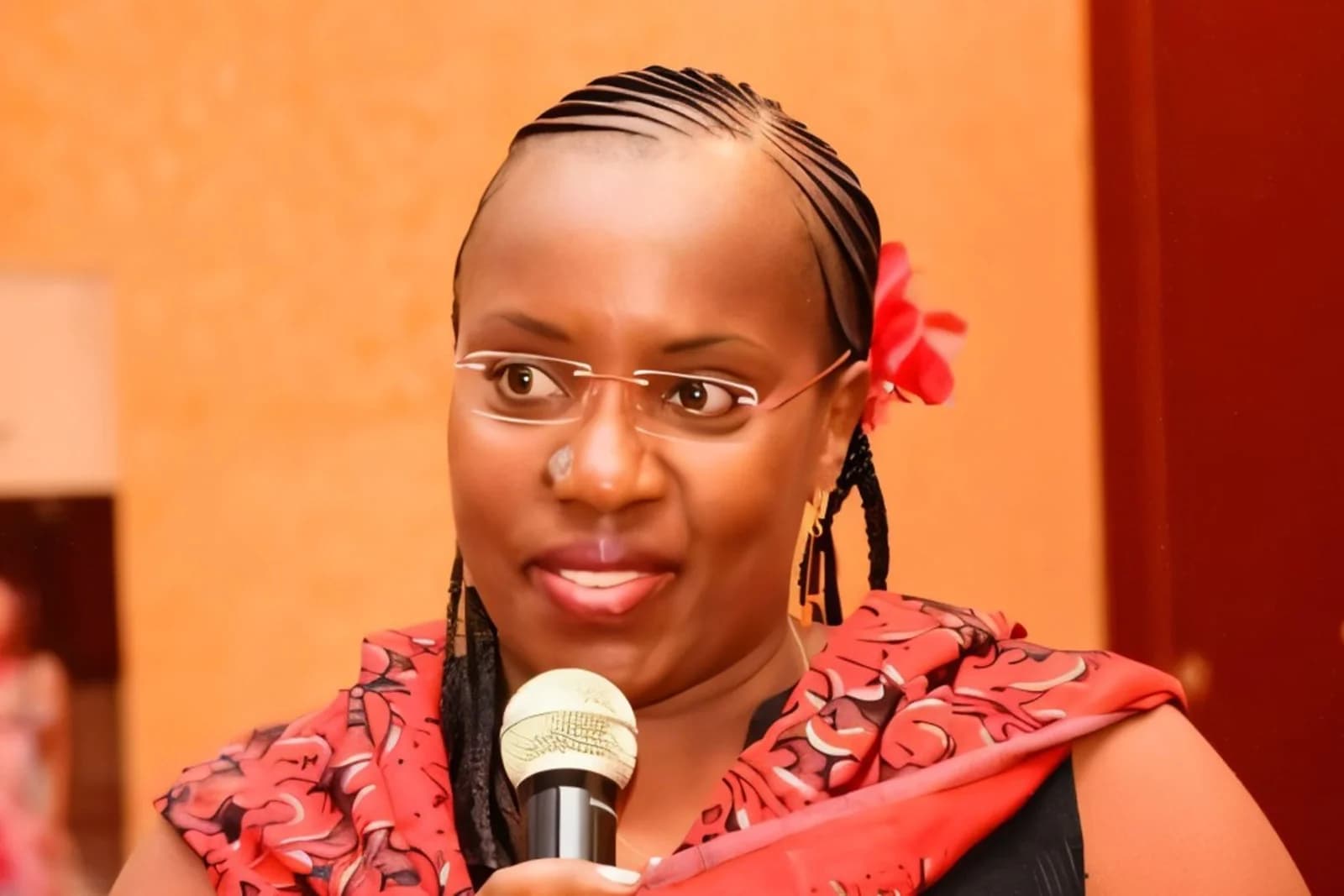We're loading the full news article for you. This includes the article content, images, author information, and related articles.
Regulators shut Chiromo Braeside hospital after patient Susan Njoki was strangled, suspecting staff involvement; all patients transferred as police pursue murder charges.

NAIROBI, July 26, 2025 – The Kenya Medical Practitioners and Dentists Council (KMPDC) has ordered the immediate closure of Chiromo Hospital Group’s Braeside branch, following the murder of Susan Kamengere Njoki, a nurse and founder of the mental‑health NGO Toto Touch Kenya, whose death inside the facility has ignited national outrage .
A post‑mortem examination conducted on July 22 at Montezuma Monalisa Funeral Home by a team of six pathologists — representing the family, hospital, and government — unanimously ruled that Njoki died from manual strangulation. Evidence included neck compression injuries and oxygen deprivation consistent with homicidal strangulation. Estimates indicate she died approximately four hours after her last meal .
Njoki was allegedly forcibly taken from her Kileleshwa home on July 14, injected without her consent, and admitted to the Braeside facility. She had described the ordeal in social media posts and audio recordings, saying four individuals—two men and two nurses—stormed into her bedroom claiming they acted on orders from her psychiatrist and husband
Her family affirms she did not consent and was denied family access while admitted. Her youngest sister recounted being barred from visiting unless her husband permitted it; by the time she was allowed in, Njoki had already died .
In a directive dated July 25, KMPDC demanded the evacuation of all patients within 24 hours and a cessation of all clinical services at the Braeside branch. The council cited serious concerns following reports that a staff member might have been involved in the death. It also demanded submission of Njoki’s medical records, the post‑mortem report, and a detailed action plan to prevent future incidents .
Police from the Directorate of Criminal Investigations launched a manhunt on July 23 for a female hospital staffer who reportedly disappeared two days after Njoki’s death on July 15. She is considered a key suspect in the murder probe. Detectives have also reviewed over eight hours of CCTV footage and interrogated multiple staff members — including those who transported Njoki and provided care during her admission.
Njoki’s family members, including her brother Ephantus Kamengere, accuse her husband, Alloise Ngure, of orchestrating her forceful admission. He and her psychiatrist, Dr Onyancha, have been questioned and released on police bail after recording statements .
Meanwhile, the Federation of Women Lawyers Kenya (FIDA‑Kenya) has called for an immediate inquiry, highlighting that forcing a mental‑health patient into treatment without consent violates Kenya’s Mental Health Act. FIDA insists that responsible individuals — including medical professionals — must face criminal and disciplinary action through the Office of the Director of Public Prosecutions (ODPP), as well as oversight from KMPDC .
Chiromo Hospital Group, through its founder and chairman Dr Frank Njenga, extended condolences and described Njoki’s death as “a moment of reckoning” for the institution and mental‑health care in Kenya. In a statement, Dr Njenga affirmed that the hospital is fully cooperating with investigators and undertaking an internal review of clinical protocols “to be better and to do better” for patients .
• Criminal investigation: Police are pursuing charges against the missing staffer and other persons of interest.
• Regulatory sanctions: KMPDC may levy disciplinary action or revoke licences depending on the outcome of its probe.
• Civil liability: Njoki’s family is seeking justice and may pursue wrongful‑death claims and toxicology or other forensic examinations .
• Mental‑health reforms: Advocacy groups warn this episode lays bare the gaps in consent, dignity, and accountability within Kenya’s mental‑health system.
This tragic case has struck a nerve in Kenya, touching on rights violations and institutional failures. As investigations continue, public scrutiny on mental‑health standards and patient protections remains sharply focused.
Keep the conversation in one place—threads here stay linked to the story and in the forums.
Other hot threads
E-sports and Gaming Community in Kenya
Active 8 months ago
The Role of Technology in Modern Agriculture (AgriTech)
Active 8 months ago
Popular Recreational Activities Across Counties
Active 8 months ago
Investing in Youth Sports Development Programs
Active 8 months ago